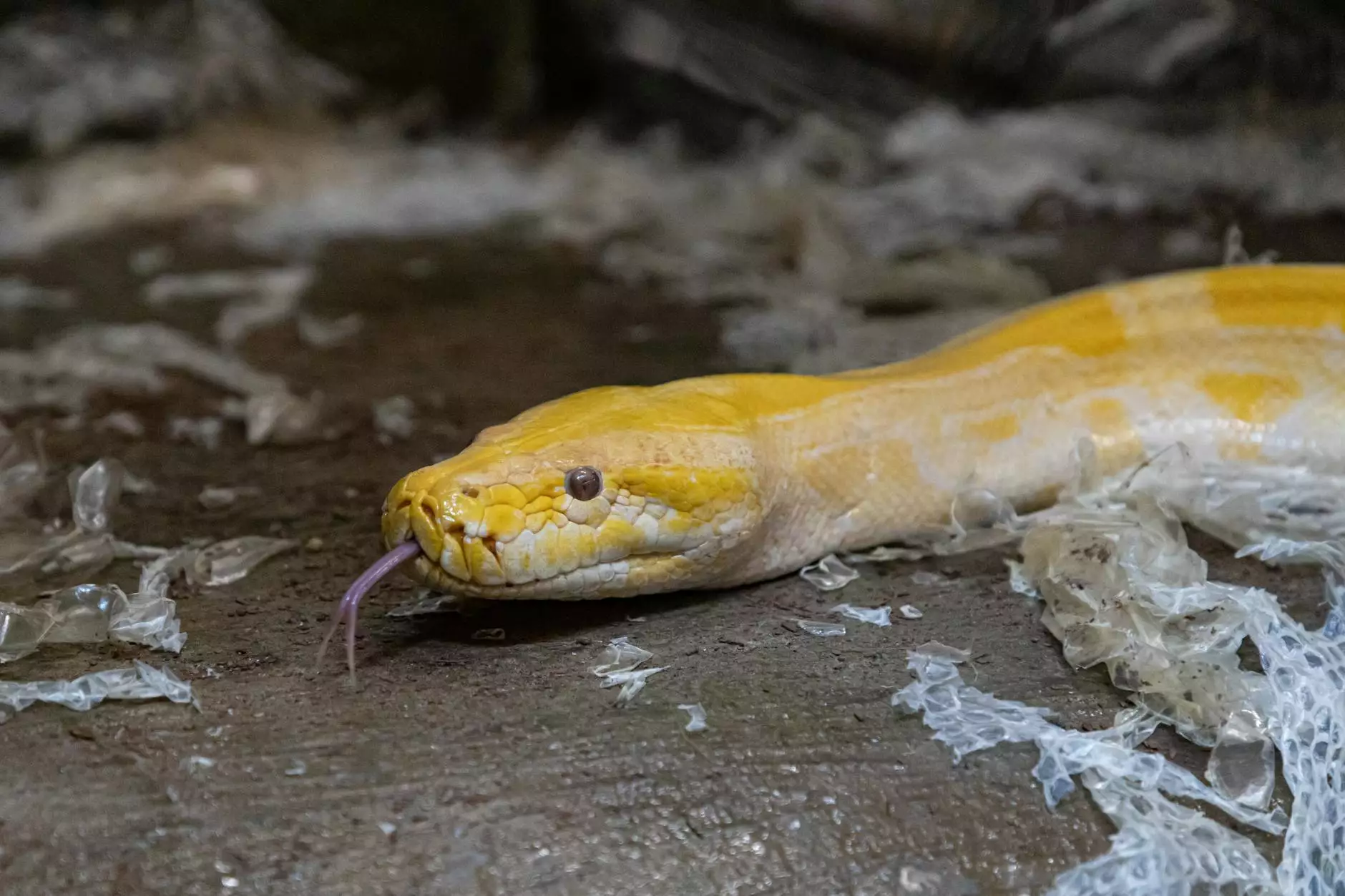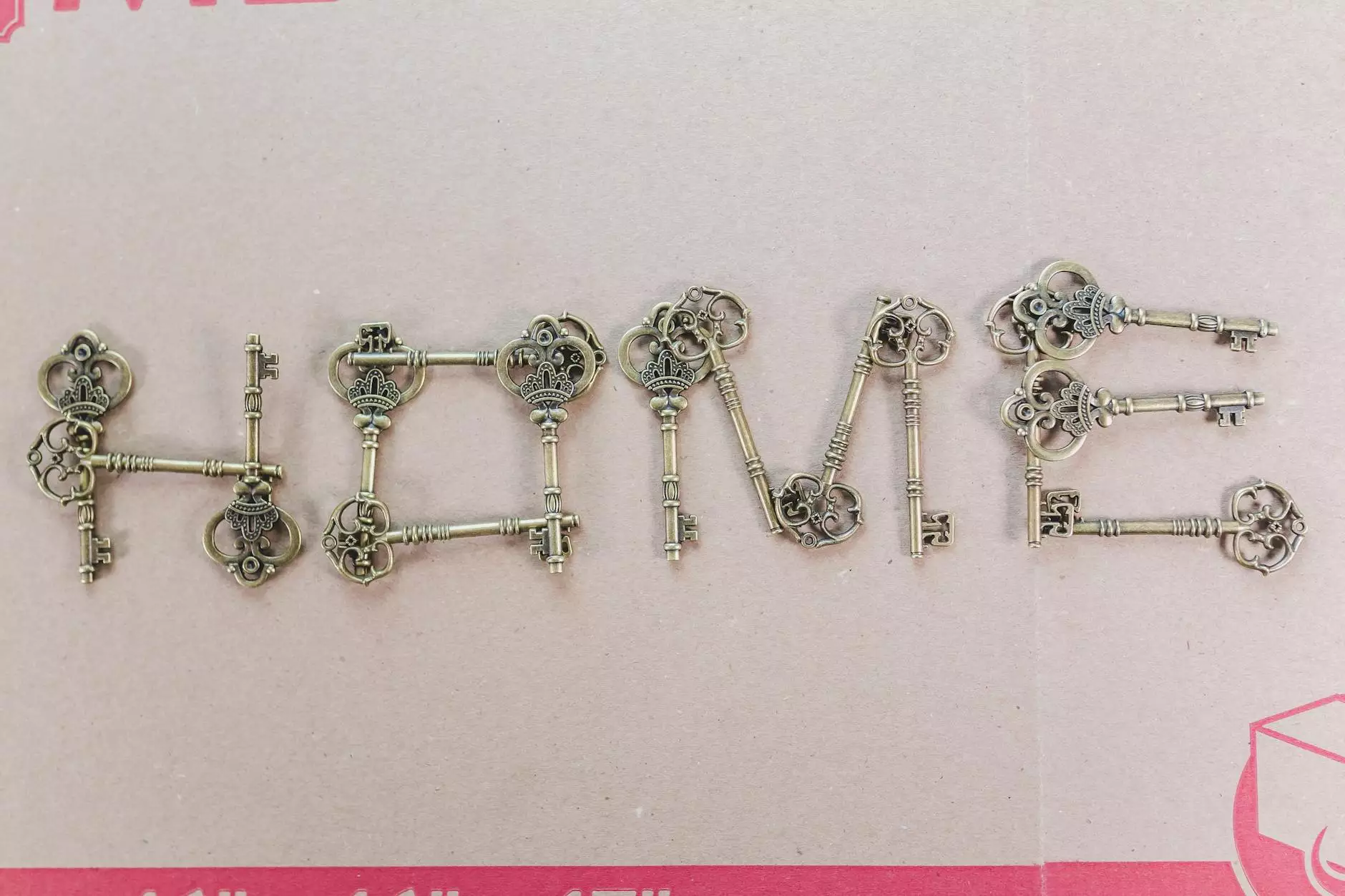The Comprehensive Guide to Understanding Pet Snake Cost

Owning a pet snake can be an exciting and rewarding experience for reptile enthusiasts and newcomers alike. However, before diving into the world of pet snakes, it is essential to understand the pet snake cost involved in this unique form of pet ownership. From initial acquisition costs to long-term maintenance expenses, this guide provides a detailed breakdown of what you can expect when considering a snake as your next pet.
1. Types of Pet Snakes and Their Costs
Not all pet snakes are created equal; thus, their costs can vary significantly. Below is a list of popular pet snake species along with their average purchase prices:
- Corn Snake: $50 - $200
- Ball Python: $100 - $300
- Boa Constrictor: $150 - $400
- Rat Snake: $50 - $150
- Kingsnake: $50 - $250
- Green Tree Python: $200 - $600
When selecting a species, consider the pet snake cost, not just for purchase but also for maintenance and care as different breeds require varying levels of attention and habitat complexity.
2. Initial Setup Costs
Once you’ve chosen your snake, it’s time to prepare a suitable environment. Below are the essential items you will need to purchase along with their approximate costs:
Enclosure
- Basic Glass Terrarium: $75 - $300
- Wooden Cage: $150 - $500
Heating and Lighting
- Heat Lamp: $20 - $50
- Heat Pad: $15 - $30
- UV Lighting: $20 - $40
Substrate and Accessories
- Substrate (Bedding): $10 - $30
- Hiding Spots: $10 - $40
- Water Bowl: $5 - $15
Feeding Supplies
- Feeding Tongs: $5 - $15
- Frozen Rodents (for feeding): $1 - $5 per meal
In total, you can expect to spend between $200 - $900 on initial setup costs, depending on the choices you make regarding size and quality of enclosures and equipment.
3. Ongoing Maintenance Costs
Maintaining a pet snake involves regular expenses that should be factored into your budget. These may include:
Feeding
The primary ongoing cost for your snake will be its food. Depending on the size and species of your snake, you may feed it:
- Frozen mice or rats: $10 - $30 per month
- Additional vitamins and supplements: $5 - $15 per month
Veterinary Care
Just like any pet, snakes can fall ill or require routine checkups. Budget for:
- Annual vet checkup: $50 - $150
- Emergency care: $100 - $300+ depending on the issue
Replacement and Utility Costs
- Heat bulbs and UV lights (cost per year): $30 - $60
- Replacement substrate or bedding (every 3-6 months): $20 - $60
Overall, you should plan for approximately $300 - $600 annually for ongoing care, not including potential veterinary emergencies.
4. Budgeting for Your Pet Snake
Understanding the full extent of pet snake costs is crucial for successful ownership. Here are some budgeting tips:
- Research different breeds, as some may be more cost-effective than others.
- Consider adoption from reputable pet breeders or rescue organizations, which often cost less than retail pet shops.
- Establish an emergency fund specifically for unexpected veterinary costs.
- Buy supplies in bulk to save over the long term.
5. Finding a Reputable Snake Breeder
Choosing the right source for your snake is essential not only for the cost but also for the health and well-being of your future pet. Here’s what to look for:
- Reputable Breeders: A reliable breeder should have a good reputation, clear health guarantees, and provide a clean environment.
- Pet Shops: While convenient, always check the care level at the shop and the health of their reptiles.
- Adoption Organizations: Many snakes end up in rescue due to owner surrender. Adopting can save you costs and provide a home for a pet in need.
6. Long-term Commitment to Snake Ownership
It's essential to recognize that owning a snake requires a commitment that can last decades. Some snake species can live for over 20 years if properly cared for. Therefore, understanding the pet snake cost over its lifespan is vital. Beyond financial commitment, be prepared for:
- Regular interaction and care: Snakes thrive with adequate handling and environmental enrichment. This can require time and dedication.
- Maintaining proper conditions: Monitoring temperature, humidity, and cleanliness is crucial for your snake’s health.
7. Conclusion: Is a Pet Snake Right for You?
In conclusion, the pet snake cost involves much more than the initial purchase. By understanding the various costs associated with snake ownership—from initial setup to ongoing maintenance—potential snake owners can make informed decisions. If you find that you’re ready for the financial and time commitment, a snake can be a rewarding addition to your home.
As with any pet, doing thorough research, budgeting effectively, and providing a caring environment are key components to successfully owning a pet snake. If you're interested in adopting or purchasing a pet snake, be sure to check out our sections on Pet Adoption, Pet Breeders, and Reptile Shops at buyreptilesaus.com for credible resources and options.









